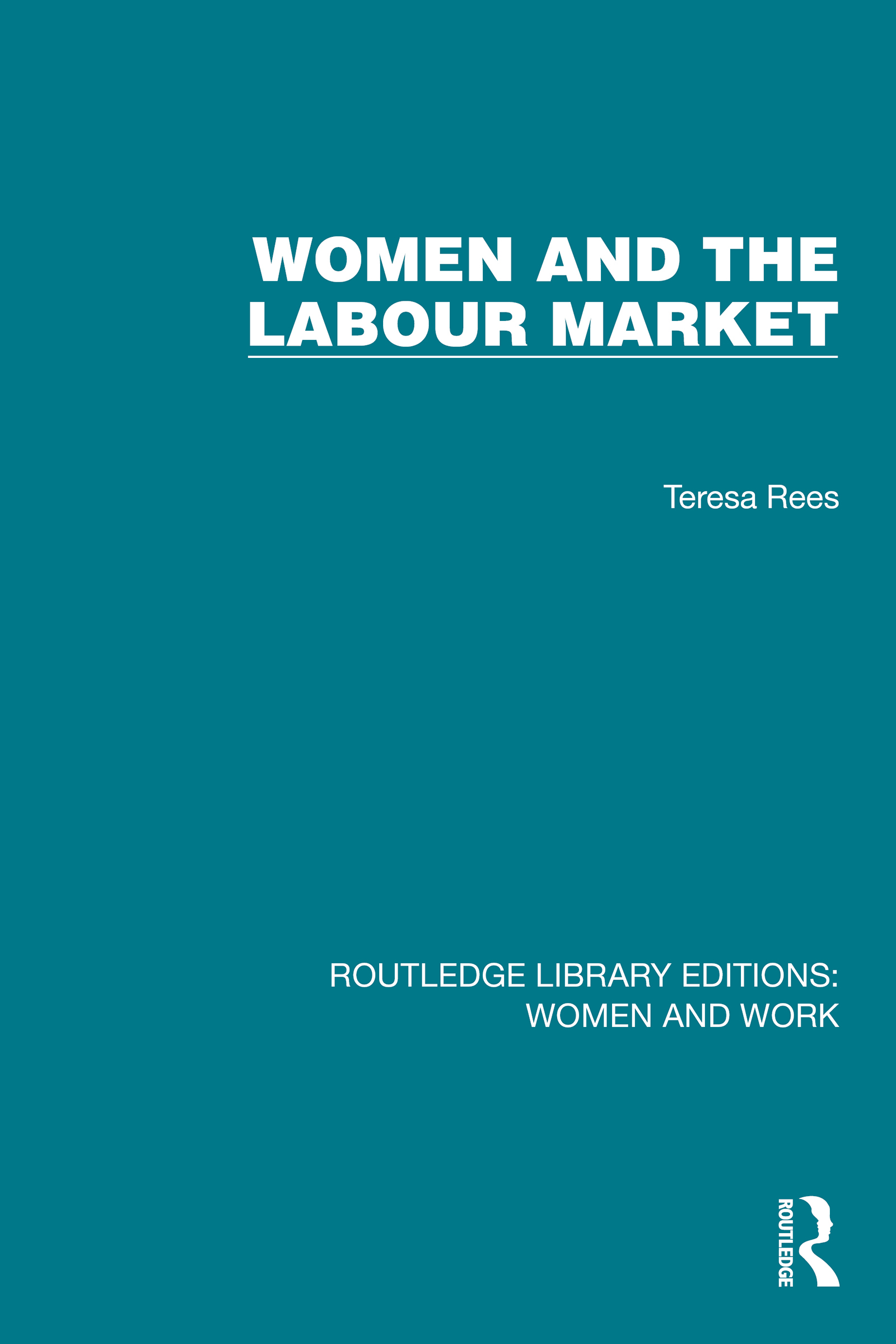The labour market was undergoing considerable change. In particular, the advance of new technology and the development of positive action training for women had the potential to change patterns of gender segregation in the workplace. Originally published in 1992, Teresa Rees draws on a wide range of international studies of these issues and discusses them in the context of current theoretical and political debate. Based on work carried out by the author in Britain, Germany and Australia, Women and the Labour Market focuses on education and training policy, changes in labour supply, and changes in the nature and size of labour demand. It highlights the obstacles to equality at work, showing how the ideology of the family, the limitations of material reality and the exclusionary mechanisms operated by men have had an adverse impact upon women’s experiences of paid work. As well as underlining the power of patriarchy in shaping the labour market, Women and the Labour Market also discusses the development of policy measures which might have some effect on breaking down gender inequalities. An important contribution to debates at the time, the study puts forward practical suggestions for adjusting the system at the key points of recruitment, training and work organisation.












